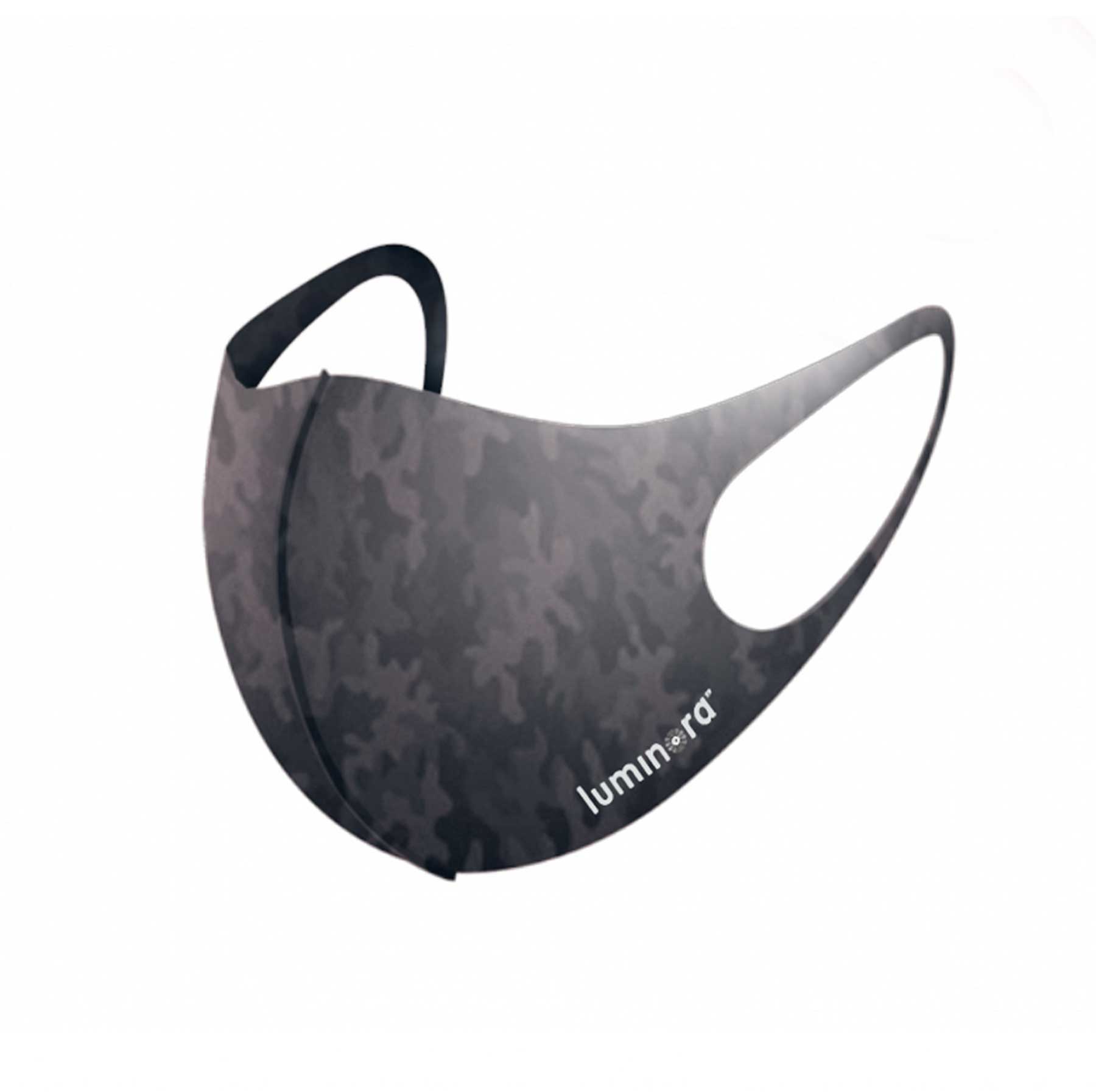The COVID-19 pandemic has made face masks and other face coverings essential for anyone stepping out of their home. A survey conducted by the Pew Research Center in August of last year found that 85% of adults wore face coverings in stores and other establishments. But while face coverings, primarily face masks, are vital in keeping the virus at bay, they also come with some downsides. Enter, Maskne.
Maskne is a portmanteau of "mask" and "acne." It refers to pimples or breakouts caused by wearing a face mask. It can also refer to redness, bumpiness, and irritation in your skin.
Luckily, there are measures one can take to protect against it. In this article, we'll explore what exactly causes Maskne and how you can prevent it.
What are the causes of Maskne?
Maskne is most commonly caused by clogged pores. Wearing a mask can make the oil, bacteria, and dead skin cells underneath build up and block them. It also traps the humidity from your breathing and sweating. These effectively prevent your skin from being able to breathe, and can eventually lead to breakouts.
Another cause of Maskne is friction, which occurs when your mask rubs against your skin and leads to irritation or chafing. And in rare cases, you might even be allergic to the material of your mask. This can lead to adverse reactions that vary depending on the individual.
The prolonged use of a face mask can lead to any of the symptoms mentioned above, so the longer you're outside your home, the more exposed you are to the common causes of Maskne.
Medical professionals have it even worse as they're required to wear personal protective equipment (PPEs), including face masks, anytime they're treating patients. And of all medical professionals, frontline nurses probably have it the worst. To illustrate their situation, consider the following:

Image credit: Unsplash
Ever since the pandemic began, there's been a growing demand for frontline nurses. It's pushed universities to provide more accessible means to acquire a nursing education.
This includes RN to BSN degree programs wherein coursework can be completed 100% online. According to the US Bureau of Labor Statistics, the job growth for registered nurses is projected to increase by around 7% by 2029. And the growing number of nurses means more individuals vulnerable to Maskne, especially since nurses are often the primary carriers for those suffering from COVID-19.
In a survey on the problems nurses face in their use of PPEs, nearly half (49.5%) reported that they worked continuously for 24 hours, and a majority wore N95 masks (66.3%) or surgical masks (77.8%). These were worn most frequently for more than four hours at a time. The study found that this prolonged use led to skin damage, including redness and face acne. These statistics highlight the importance of caring for one's skin after wearing face masks, and doubly so for those in the healthcare sector.
What are some skincare tips to help prevent Maskne?
Following basic skincare tips can help prevent breakouts in general, including Maskne. This can include washing your face after taking off your mask, getting enough sleep, and cutting back on makeup. To protect your skin from Maskne specifically, you can apply topical antibiotic cream before putting on your mask. This prevents bacteria build-up underneath the mask. Alternatively, you can apply moisturizer to prevent irritation and chafing.
Also, don't forget to consider the mask itself. Single-use masks can be tossed into the trash after being worn, but reusable masks should be washed regularly. You need to know whether it can be thrown in with the rest of the laundry or if it's a hand wash-only item. Cleaning your reusable mask the right way makes it less likely to cause Maskne.

Image credit: Luminora
Finally, be mindful of the type of mask you wear. Make sure it isn't too tight and that the material doesn't irritate your skin. It's worth purchasing masks with an Ultraviolet Protection Factor (UPF) of 50 or more. This type of material blocks out UV rays. It's an added layer of protection, since excessive exposure to the sun can cause inflammation in your skin, leading to breakouts. Luminora has a selection of unisex face masks with a UPF 50+ rating. They have sleek and stylish designs for people of all ages, so check them out!
And that was everything you need to know about maskne. Keep these in mind the next time you head out with your trusty mask. Knowing the causes and actively working to prevent them helps you fight against maskne. That way, you can be safe from both COVID-19 and skin damage.
Article written by Riley Julieth

Leave a comment